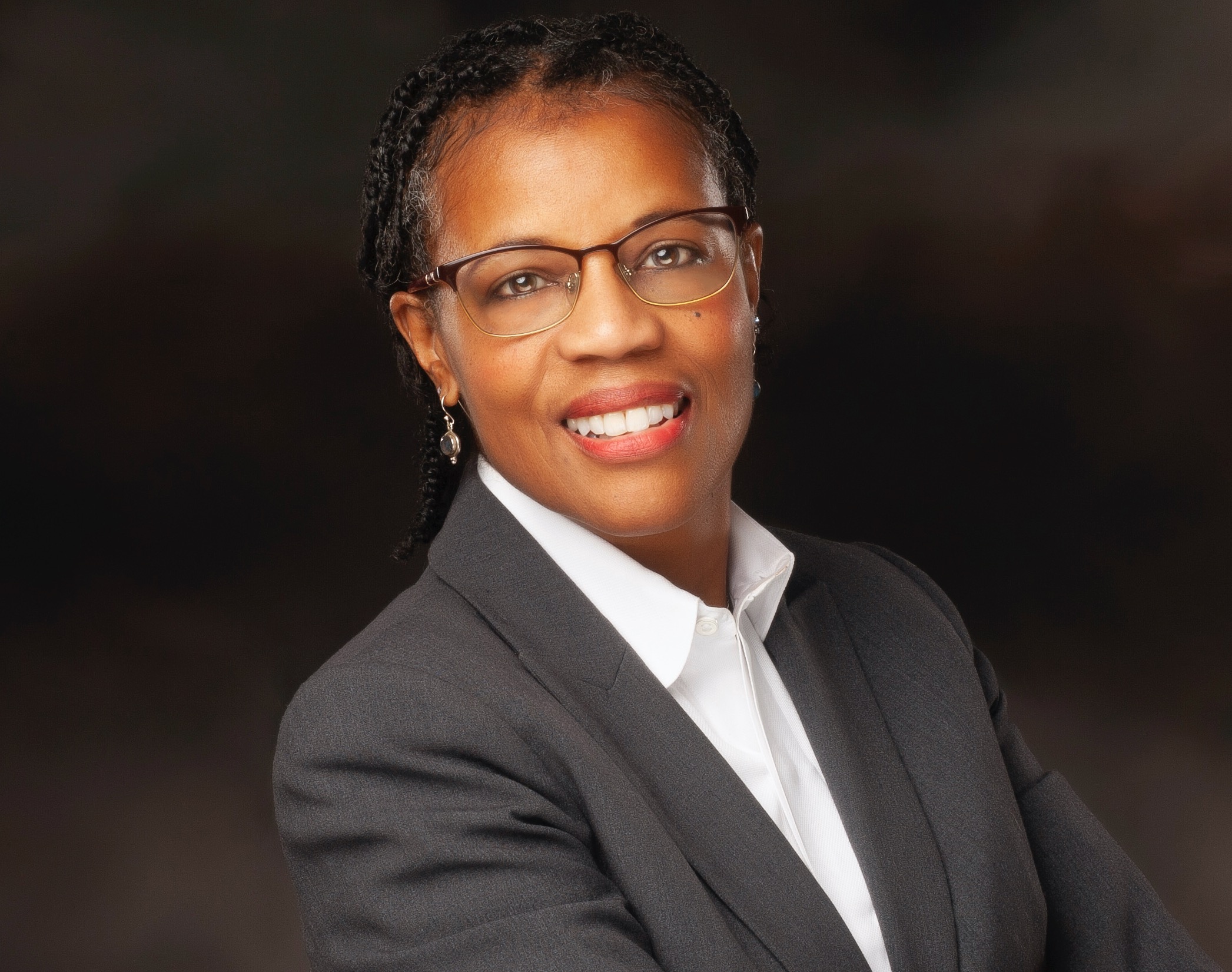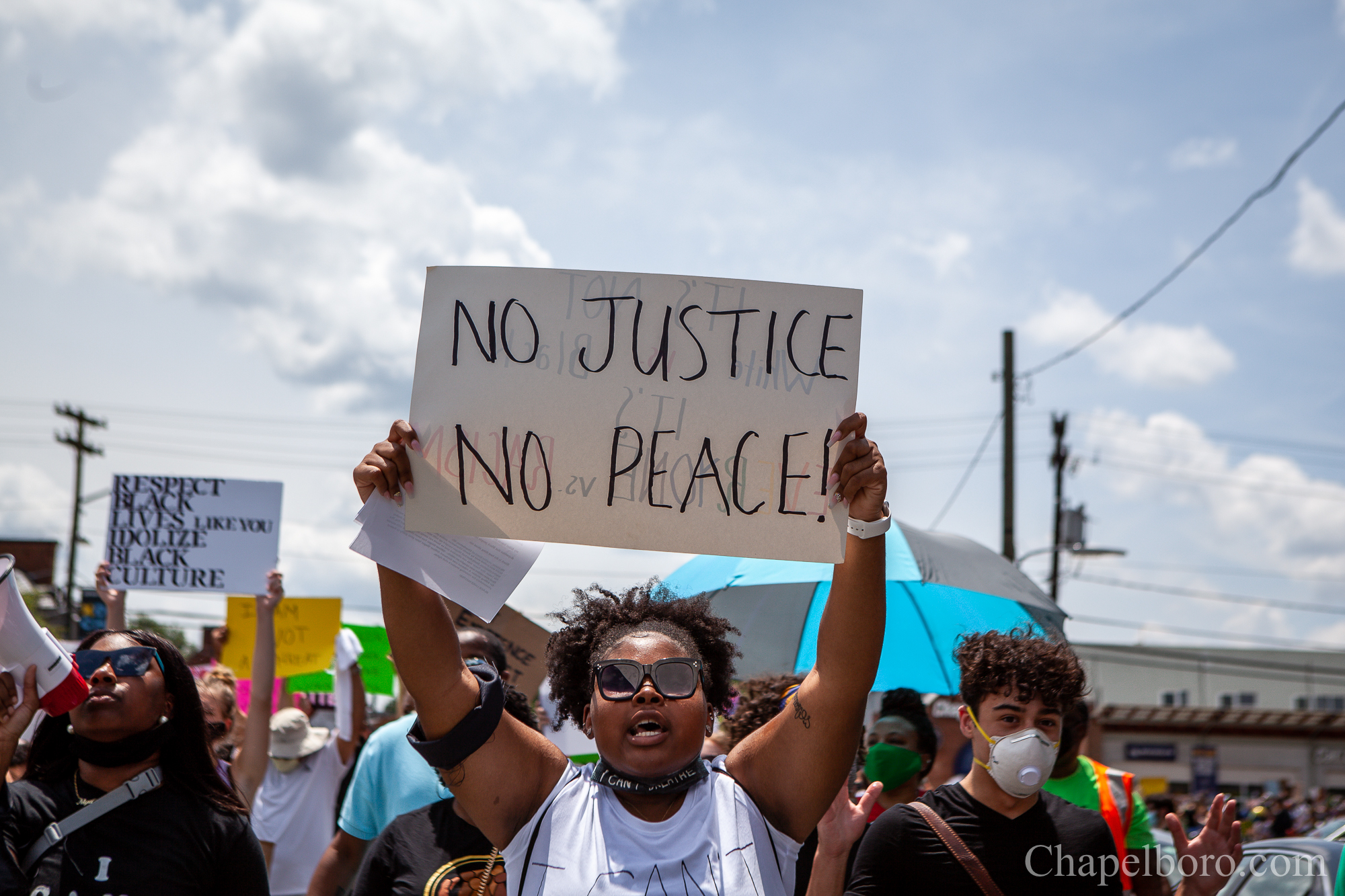Sticks and Stones May Break My Bones: How Racial Linguistics Can and Do Hurt Me
It’s funny how that mid-19th century phrase “sticks and stones may break my bones, but words will never hurt me” still has a place in our memory today. Although meant to explain how physical harm is real and name-calling does not have the same impact, the idiom over time has been altered and often dismissed as being inappropriate and out of touch with societal mores. I never gave the expression much thought until I began my deeper journey and analysis into racial equity education. I didn’t pay that much attention to the power of language until I realized how actual words, not just tone and inflection, can be dehumanizing, confusing, and inappropriate when addressing matters of justice.
My first major wake-up call began when I was learning how to fit in as a new professor at an historically White institution of higher learning. (Note: “Fit” is the new “F” word for many people of color trying to navigate white spaces.) Yes, I was intentional in not describing these universities as PWIs. This nomenclature is an example of how words can dismiss accuracy and meaning. The phrase ‘Predominately White Institutions’ imply that Ohio State, UCLA or Yale and others were at one point in their history open to all races and ethnicities, when in fact they were exclusive to white people. We refer to historically Black colleges and universities as HBCUs, so why not fully describe their White counterparts as HWCUs?
Now, back to my awakening as the only Black faculty member in my department. I was taken aback when White students would call me by my first name. In the Black community, it is nearly blasphemous to call elders and persons with earned titles by anything but their surname with a proper title. How could I navigate a white world whereby it became cool to break my own community’s taboo? As many Blacks have learned to do, we just “get in where we fit in,” gain more comfort over time, and say our apologies to our ancestors for being so offensive in the workplace. I must say it is a lot easier for some than others.
The racial linguistics list can be rather exhaustive, so here are a couple of examples of how words are used to block truths and history:
Deception: Minority
Veracity: BIPOC or People of Color
The root of the word ‘minority’ is minor, meaning less than. How humiliating and degrading is it to describe someone that way? Black, Indigenous and People of Color are no longer numerically in the minority in many states and locales. Although our skin color doesn’t accurately match the shade or tint of Black, White, and Brown, that’s the preferred way to describe people today. The word ‘Caucasian’ is also a misnomer and a false description for White people. It should be removed from our language as we should all know by now that Johann Blumenbach was completely wrong in his so-called scientific classification system of humans. He actually named some skulls found in the Caucasus mountains region as belonging to the most beautiful and intelligent peoples ever. Guess who got that prize? Europeans. Although his racist theories live today, his biased pride in whiteness have been refuted time and time again and even by himself!
Deception: Hispanic
Veracity: Latinx
Hispanic is another one of those words that was contrived for political reasons. It refers to European people connected to Spain and has come to be erroneously used to describe anyone who speaks Spanish. More recently, many people whose origin is in Latin America have chosen to embrace the word Latinx, which more accurately describes their ancestry. As more people learn the history of colonization in North America, I am hopeful that we move away from using these words interchangeably. In addition, it is sad that people will dismiss their heritage to claim a name that seeks to bring them closer to whiteness and its benefits. Is it any surprise then that there is a higher number of Whites residing in Puerto Rico than in the state of Idaho? And it is not because of the size of the land mass. Yes, having the ability to check white on the census form can create a reality that is detrimental to one’s mental health and economic status. It’s wonderful to know that there is a growing movement to educate Puerto Ricans about their African ancestry and to encourage them to identify themselves as non-white accordingly.
Some words aren’t necessarily as clear to being racial linguistics and may possibly be just my own pet peeves. For example, I cringe when I hear coaches and professors refer to young male adults as kids. I know it is meant to be endearing but as a woman seeking to build confidence and independence in Black boys and young men, the last thing they need is for a White adult to speak to them in this manner. In the Black community it is rare that you hear someone who is of age being referred to as a kid. It is a form of demasculinization, as the definition of a kid often describes a child who unable to function without adult supervision and guidance. Words have power. Let’s use them to build young people up and not keep them mentally locked in an early stage of growth and development.
Language meaning seems to be changing even faster as race-based tragedies are publicized more regularly. COVID-19 has even given us some new meanings to words such as essential workers. They used to be service workers with little respect and appreciation. As the country grinds to a halt they, who are often Black and Brown people, are now lifted up as those who are keeping our economy alive with their sacrifice. Sadly, the praise and attention to these newly expendable workers doesn’t manifest in increased safety standards, benefits, compensation, and better health insurance. And don’t forget that the phrases citizens arrest, stand your ground, and self-defense have new meanings for many BIPOCs. They are now associated with death, injustice, and hopelessness.
During these dangerous health and economic times, we need to get real clear and intentional in our use of language. Other deceptive words that are sure to inflame conversations include inmate vs. person incarcerated; homeless vs. unhoused; and diversity vs. equity. The pace of the division that we see and feel between races and classes in our country is sure to foster increased hostility and violence. I wish name-calling were only harmless verbal stones thrown to gain attention for a brief moment. Sadly, they have become the poisonous tip of an arrow designed to harm and dehumanize “the other.”
Despite all of the racial challenges we face as Americans, I am glad that one word continues to keep its same universal meaning and power: Love. It still never fails, and it might be the only language that can bring us closer to healing and truth.
 “Never Too Far” contains perspectives and insights from an inquisitive and engaged Orange County transplant from Philly. Deborah Stroman is an entrepreneur and UNC leadership professor who has seen too much and not enough, and thus continues to question and explore the thoughts and actions of humankind.
“Never Too Far” contains perspectives and insights from an inquisitive and engaged Orange County transplant from Philly. Deborah Stroman is an entrepreneur and UNC leadership professor who has seen too much and not enough, and thus continues to question and explore the thoughts and actions of humankind.
Chapelboro.com does not charge subscription fees. You can support local journalism and our mission to serve the community. Contribute today – every single dollar matters.











